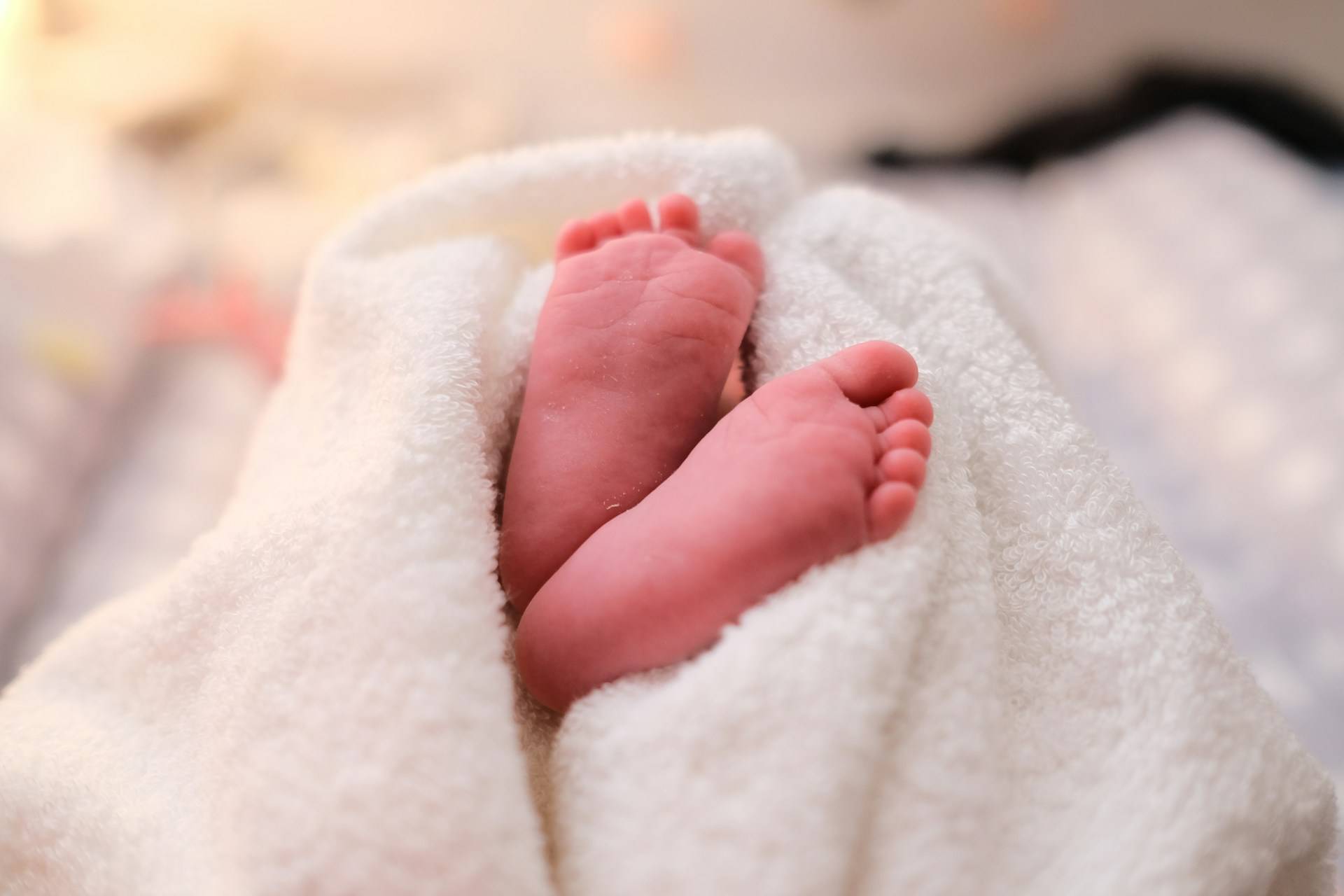Caring for a newborn requires meticulous attention, as their bodies are still adapting to life outside the womb. The first weeks of life are crucial for establishing a foundation for physical health, emotional security, and developmental milestones. Small mistakes during this period, even those that seem minor, can have long-term effects. Parents must therefore be well-informed on proper care practices based on reliable medical guidelines and proven safety measures.
Meeting the Baby’s Basic Needs
Newborn care begins with meeting essential needs. The World Health Organization (WHO) and the American Academy of Pediatrics (AAP) recommend exclusive breastfeeding for the first six months. Ideally, babies should be fed every two to three hours or on demand, depending on hunger cues. Proper breastfeeding positioning ensures efficient milk transfer and prevents nipple soreness.
For parents who cannot breastfeed, newborn-specific infant formula is an alternative. Follow the exact instructions on the packaging, and always sterilize bottles and nipples before use. Diaper changes are frequent during the early weeks, typically eight to twelve times per day. Keep the diaper area clean using warm water and cotton pads or alcohol-free, fragrance-free wipes.
Maintaining Hygiene and Body Temperature
Newborns do not need daily baths, two to three times per week is sufficient. Use mild, fragrance-free baby soap with a balanced pH. The face, eyes, and ears should be cleaned separately with sterile cotton pads. Room temperature should remain between 26°C and 28°C (78°F–82°F) to avoid hypothermia or overheating, with clothing adjusted according to weather conditions.
Safe Sleep Practices
Following safe sleep principles is critical to reduce the risk of Sudden Infant Death Syndrome (SIDS). Babies should always be placed on their backs to sleep, on a firm mattress without pillows, blankets, or stuffed toys. Thick blankets that could cover the baby’s face must be avoided.
Health Monitoring and Immunization
Routine medical check-ups should be scheduled according to pediatric recommendations. Initial vaccines, such as the first dose of Hepatitis B, are ideally administered within the first 24 hours after birth, followed by BCG and polio vaccines depending on the country’s immunization program.
Maintaining a hygienic home environment is essential, including limiting visitors, especially those who are unwell. Washing hands before handling the baby is one of the simplest yet most effective preventive measures against infection.
Stimulation and Emotional Bonding
Skin-to-skin contact is a proven way to stabilize a newborn’s body temperature, regulate heart rate, and strengthen parent-baby bonding. Talking, singing, and making eye contact stimulate language development and emotional connection. Supervised tummy time, starting in the early weeks, helps strengthen neck muscles and prevent flat head syndrome.
Special Care and Warning Signs
The umbilical cord stump should be kept clean and dry, without the use of traditional substances or powders. Diaper rash can be prevented with zinc oxide-based creams, while dry skin should be treated with baby-safe moisturizers.
Parents must recognize warning signs that require urgent medical attention, including a fever above 38°C (100.4°F), breathing difficulties, refusal to feed, persistent vomiting, seizures, or severe jaundice. Immediate medical consultation can prevent life-threatening complications.
Support for Parents
Parental well-being is equally important. Adequate rest, proper nutrition, and emotional support from partners or family members can significantly improve the caregiving experience. Information should always come from credible sources, such as World Health Organization or pediatric associations, rather than unverified advice.
Newborn care may seem overwhelming, but with accurate knowledge and consistent practice, parents can provide a safe and healthy start to life. Every small act of care—from feeding to soothing—builds a strong foundation for the child’s future growth and development.




